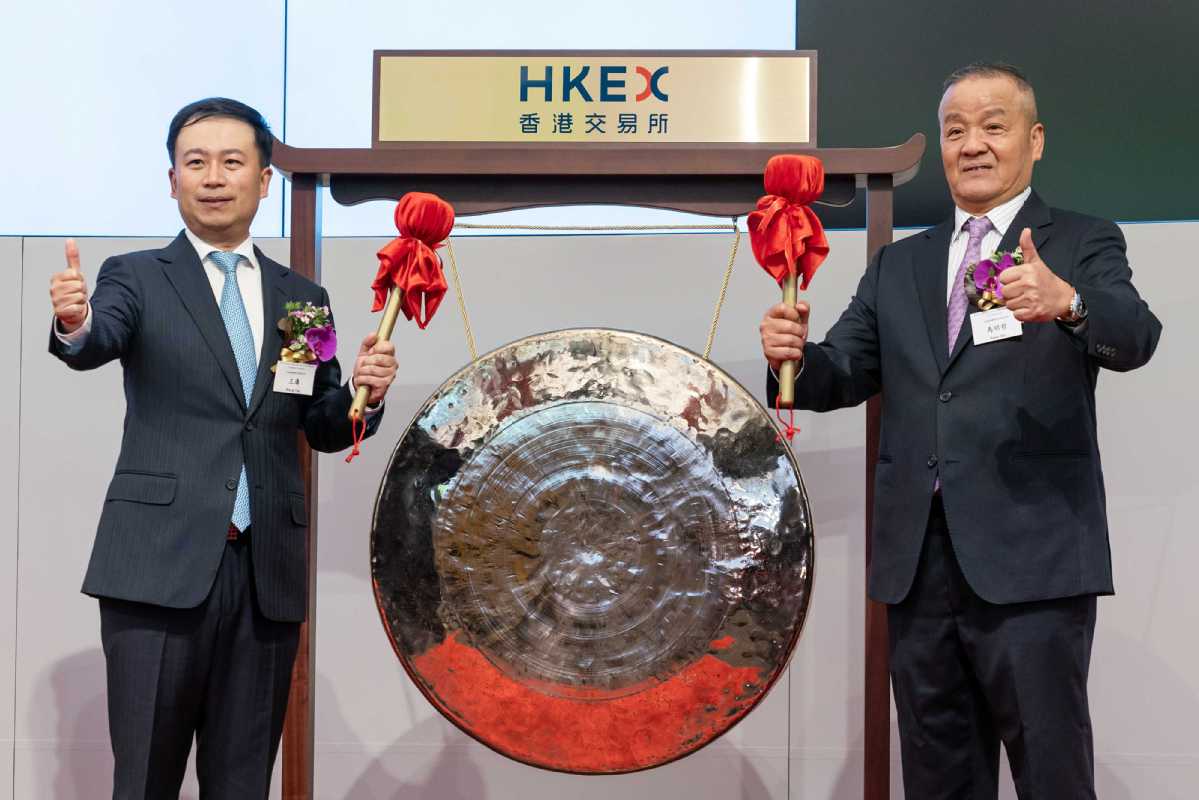Boom-bust tells IPO tale amid HK easing, mainland tightening


In the year's first half, A-share floats slow while Hong Kong edges ahead
While first-half initial public offerings in the Chinese A-share market have slowed due to regulatory tightening, new listings in Hong Kong have surged on rules facilitating floats of companies from emerging sectors such as biotech.
In fact, the Hong Kong stock market appears set to regain its reputation as one of the world's largest IPO markets, equity mavens said.
A report from global consultancy PwC stated that first-half A-share IPOs fell 74 percent year-on-year to 63. IPO proceeds contracted too by 26 percent to 93.1 billion yuan ($13.9 billion). But IPO application approval rate is rising slowly, with the number of companies in the queue dropping from 519 at the end of last year to 307 in June.
Companies specializing in industrial products, consumer goods and services, IT and telecommunications made up the majority of A-share IPOs.
Jean Sun, assurance partner of PwC China, said brokerages and investment banks received updated IPO approval guidelines from the central regulator in June.
Under the new guidelines, companies with systemic problems will be prevented from listing, while unqualified companies will be persuaded to withdraw their IPO applications.
"The A-share market has been transformed from a high-volume arena to a quality-oriented market," she said. "After the IPO expansion in 2016 and tightening toward the end of 2017, the regulator has been pursuing more balance in IPOs."
The A-share market is seeking a structural optimization, while the Hong Kong market has seen a boom in IPOs in the first half.
Global consulting firm EY said in a report there were a record 98 IPOs in Hong Kong in the first half, up 44 percent year-on-year.
Chinese mainland companies accounted for a bulk - 19 - of Hong Kong IPOs, according to data from Shanghai-based market information provider Wind Info.
Mainland companies' IPO proceeds in Hong Kong added up to HK$36.1 billion ($4.6 billion), or 72 percent of the total.
Lawrence Lau, partner at EY Assurance Services, said the Hong Kong stock exchange's new rules, which took effect in late April, facilitate the listing of New Economy companies, especially those from the biotech sector.
This has ushered in a "new era" that regulates registration, depository, transaction and settlement aspects of listings, encouraging mainland companies to go public in Hong Kong, Lau said.
The vibrancy of the Hong Kong market will extend into the second half, according to EY. The total IPO proceeds for the full year are estimated to reach HK$200 billion.
The Hong Kong regulators' new policies will make the market very attractive to the Chinese mainland companies, and an equal or more number of New Economy players will likely list there in the second half as well, Lau said.
Vinsan Wang, operating director of online securities brokerage Tiger Brokers, said the Hong Kong market will remain attractive as the overall valuations are at a lower level, providing long-term investors a certain safety margin.
The Hong Kong bourse's new IPO policies will drive more Chinese mainland companies from the New Economy sectors to be listed there, she said.




































